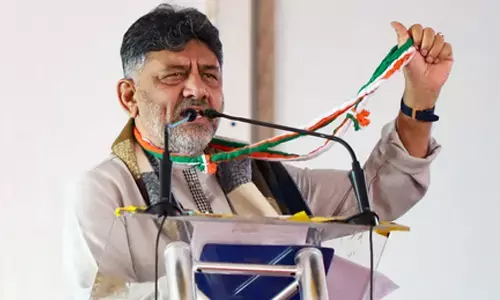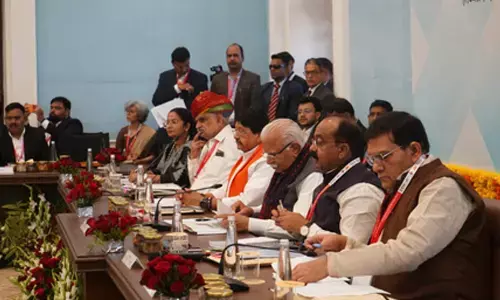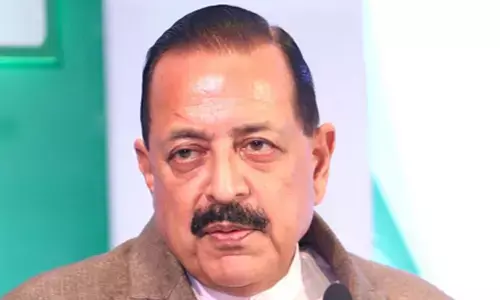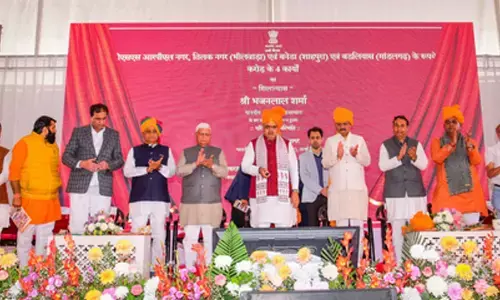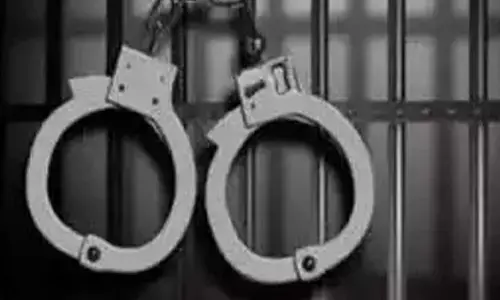Proceedings hampered at Calcutta HC as lawyers close to Trinamool protest against new criminal laws
Share :
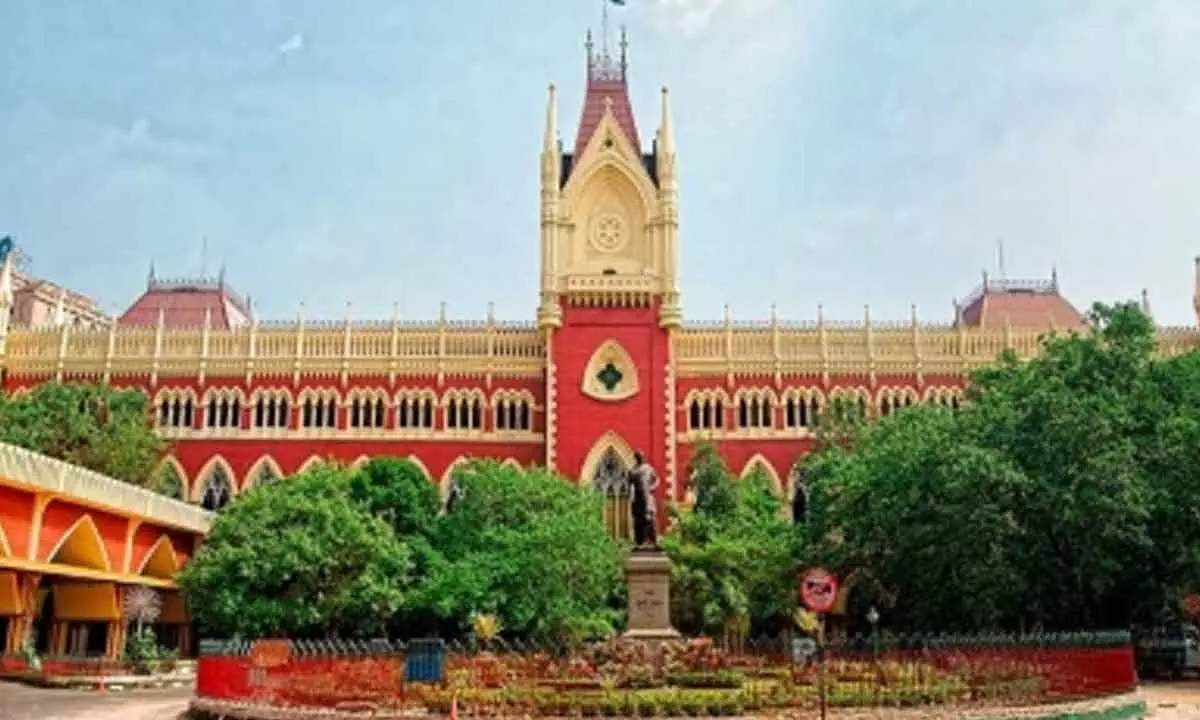
The proceedings in the Calcutta High Court were hampered after a large section of lawyers close to the ruling Trinamool Congress boycotted hearings in protest against the three new criminal laws that came into force on Monday.
Kolkata : The proceedings in the Calcutta High Court were hampered after a large section of lawyers close to the ruling Trinamool Congress boycotted hearings in protest against the three new criminal laws that came into force on Monday.
The new criminal laws, Bharatiya Nyay Sanhita (BNS), Bharatiya Nagarik Suraksha Sanhita (BNSS), and Bharatiya Sakshya Adhiniyam (BSA), replaced the Indian Penal Code (IPC), Code of Criminal Procedure (CrPC), and the Indian Evidence Act, respectively, with effect from July 1.
Proceedings could not be conducted in many cases in the high court as a number of lawyers close to the ruling party remained absent when their cases came up for hearing.
In many cases, only the advocate representing one side was present in the court at the time of the hearing.
Even the proceedings under the division bench of Chief Justice T.S. Sivagnanam and Justice Hiranmay Bhattacharya were affected as many cases could not be heard because of the absence of the advocates concerned.
Certain cases where the state government is a party could not be heard as the counsel supposed to represent the state was absent when the matters came up for hearing.
The boycotting lawyers close to the Trinamool Congress said they are opposed to the three new criminal laws as their implementation does not reflect the opinions of the legal fraternity at large.
They also said that the boycott was a symbolic protest and they will continue opposing the three new laws in the days to come.
However, advocates known to be close to the CPI(M) said that boycotting hearings is not a solution as it causes undue harassment to the petitioners.










